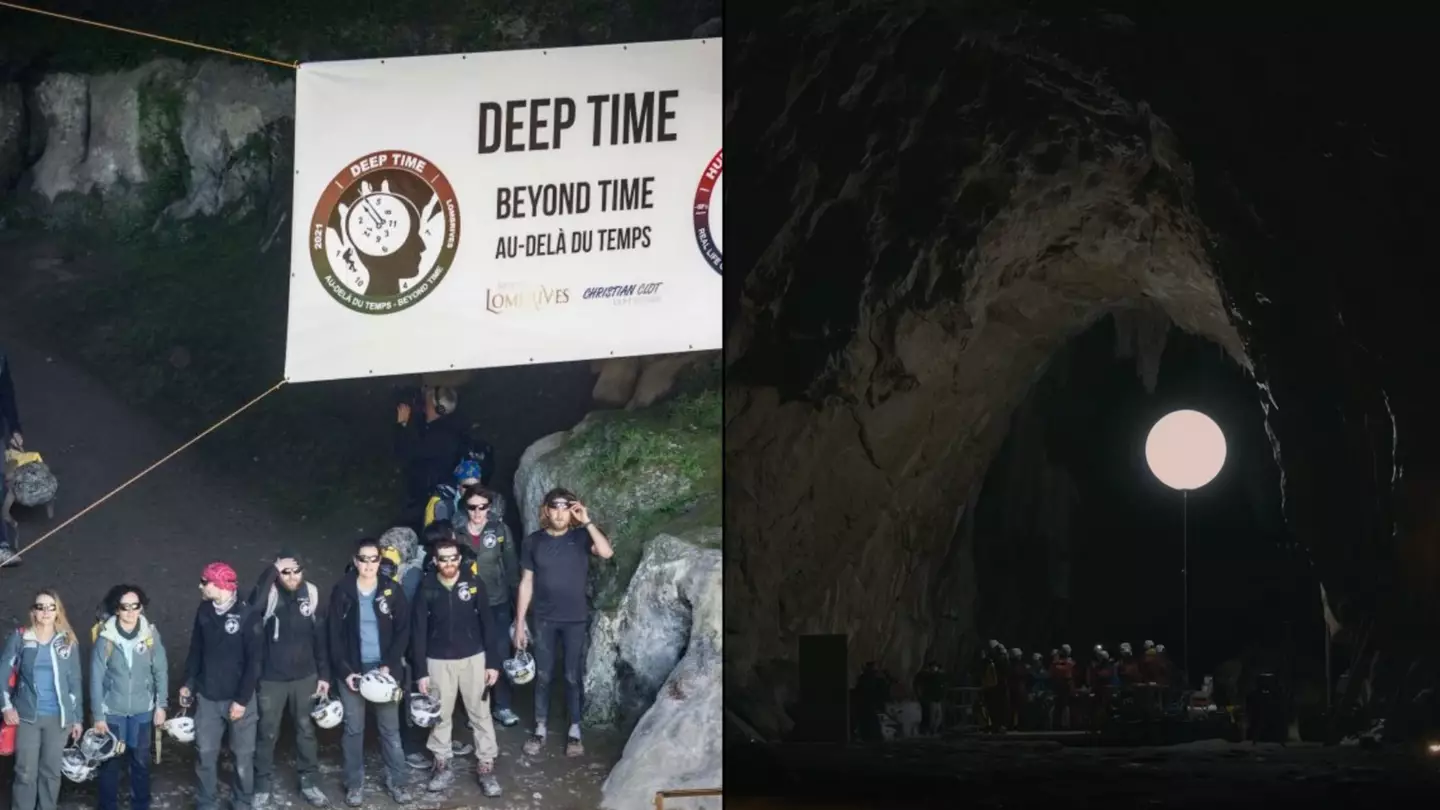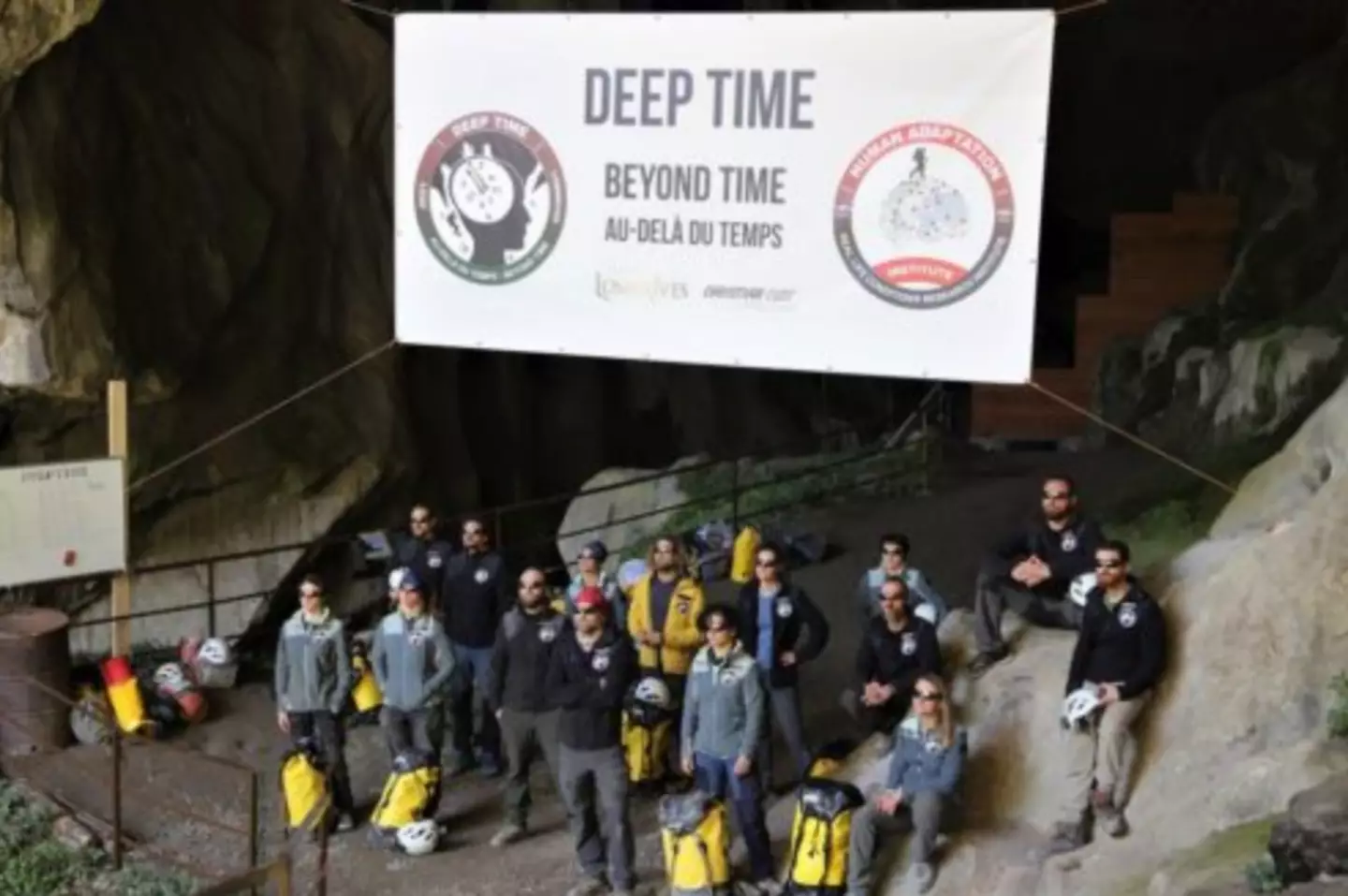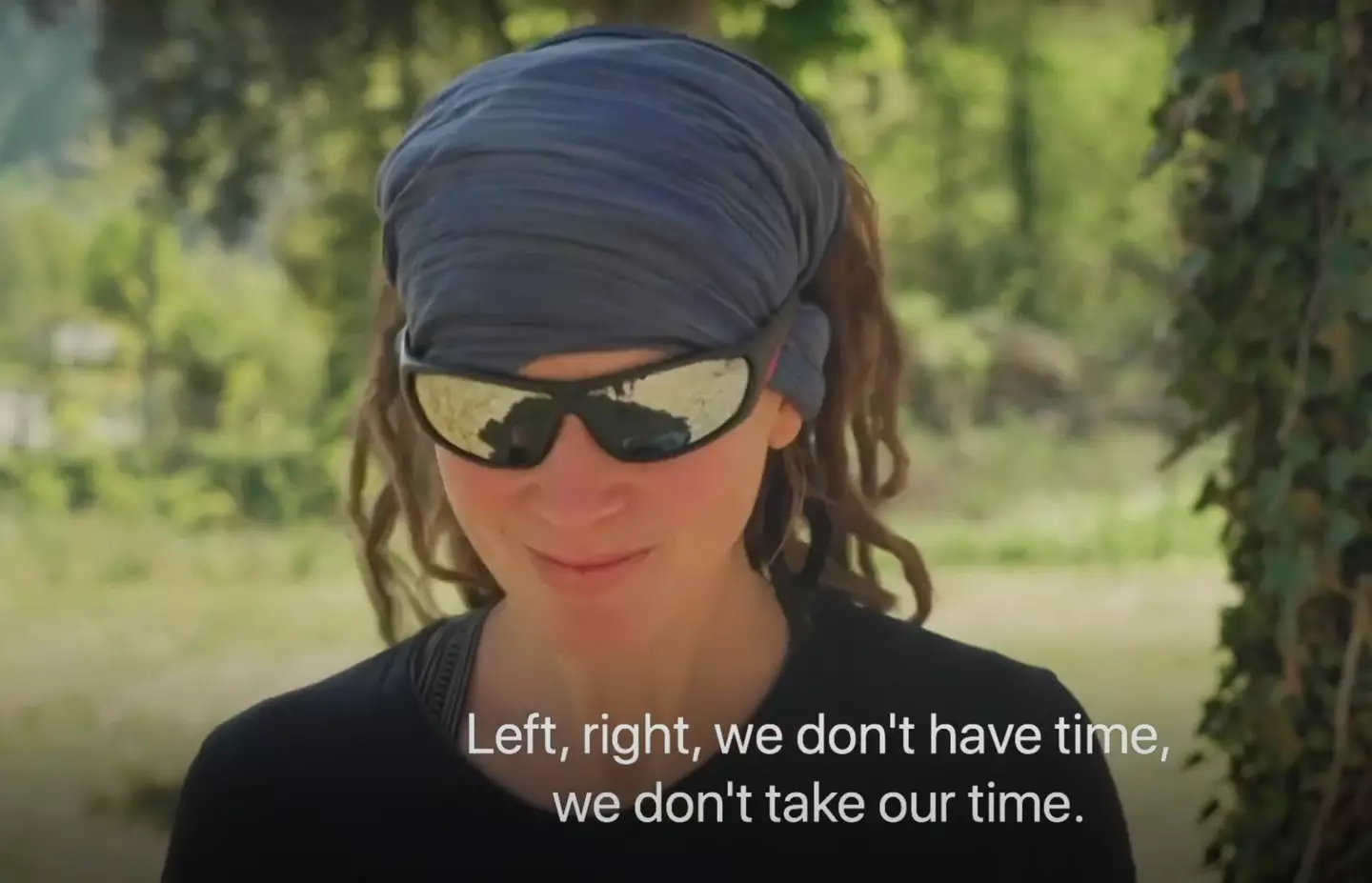
Sometimes a day can feel like it's dragging, while others fly past.
In fact, it turns out that actually our body can't tell the time without a clock or signals like day or night.
A science experiment saw 15 people live in a cave in south-west France for 40 days underground to see how having no daylight, clocks, watches, or any contact with the outside world would change how they view time.

Advert
The results are surprising, and obviously after the 40 days were up the group saw the world in a different light, with some explaining it felt like 'pressing pause'.
Christian Clot, the project director for the experiment, explained how emerging for the cave and discovering they had been away for 40 days was 'a real surprise'.
He asked one of his cave pals how long she felt their stay had been, and she revealed she felt it was 23 days.

He added: "For the majority of the team it was around 30 days. So in our heads, we walked into the save 30 days ago."
Advert
The experiment was part of a Deep Time project Clot both directed and participated in.
Fourteen other participants with varying backgrounds and ages joined him. Whilst living in the cave, the 15 participants had no contact with the outside world and instead relied on their own biological clocks to tell them when to wake up, when to eat and when to sleep.
The project, which might sound bizarre, was part of an overall investigation by scientists to see how humans adapt to drastic changes in living conditions.

One person in the experiment revealed: "For once in our lives, it was as if we could press pause.
Advert
"We are always in a rush in our lives. Left, right, if we don't have time, we don't take our time.
"For once in our lives, we had time and could stop to live and do our tasks. It was great."
Another person shared their view as they added: "I feel a little sad to leave this world [the cave], in which we have lived for so long, to have to leave everything we created as a group.
"But it is a real pleasure to see blue skies, greenery and loved ones again."
Topics: Science, World News